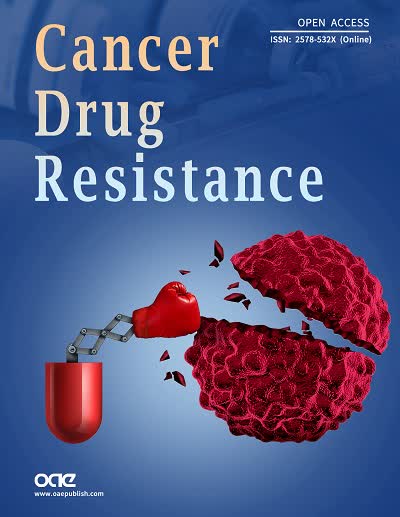fig3

Figure 3. Effects of autophagy impairment on NFE2L2 activation in ferroptosis. (A) Under physiological conditions, NFE2L2 is continuously ubiquitinated by the KEAP1-CUL3 E3 ubiquitin ligase complex, resulting in its proteasomal degradation; (B) When autophagy is impaired, accumulated SQSTM1 interacts with KEAP1, leading to the proteasomal degradation of KEAP1. This interaction sequesters KEAP1 away from NFE2L2, preventing the ubiquitination and degradation of NFE2L2. Consequently, NFE2L2 is stabilized and translocates to the nucleus, where it dimerizes with sMAF proteins. This complex binds to AREs to mediate the transcription of genes involved in iron metabolism, GSH metabolism, and ROS detoxification. NFE2L2: NFE2-like basic leucine zipper transcription factor 2; KEAP1: Kelch-like ECH-associated protein 1; CUL3: cullin 3; SQSTM1: sequestosome 1; sMAF: small musculoaponeurotic fibrosarcoma; AREs: antioxidant response elements; GSH: glutathione; ROS: reactive oxygen species.












